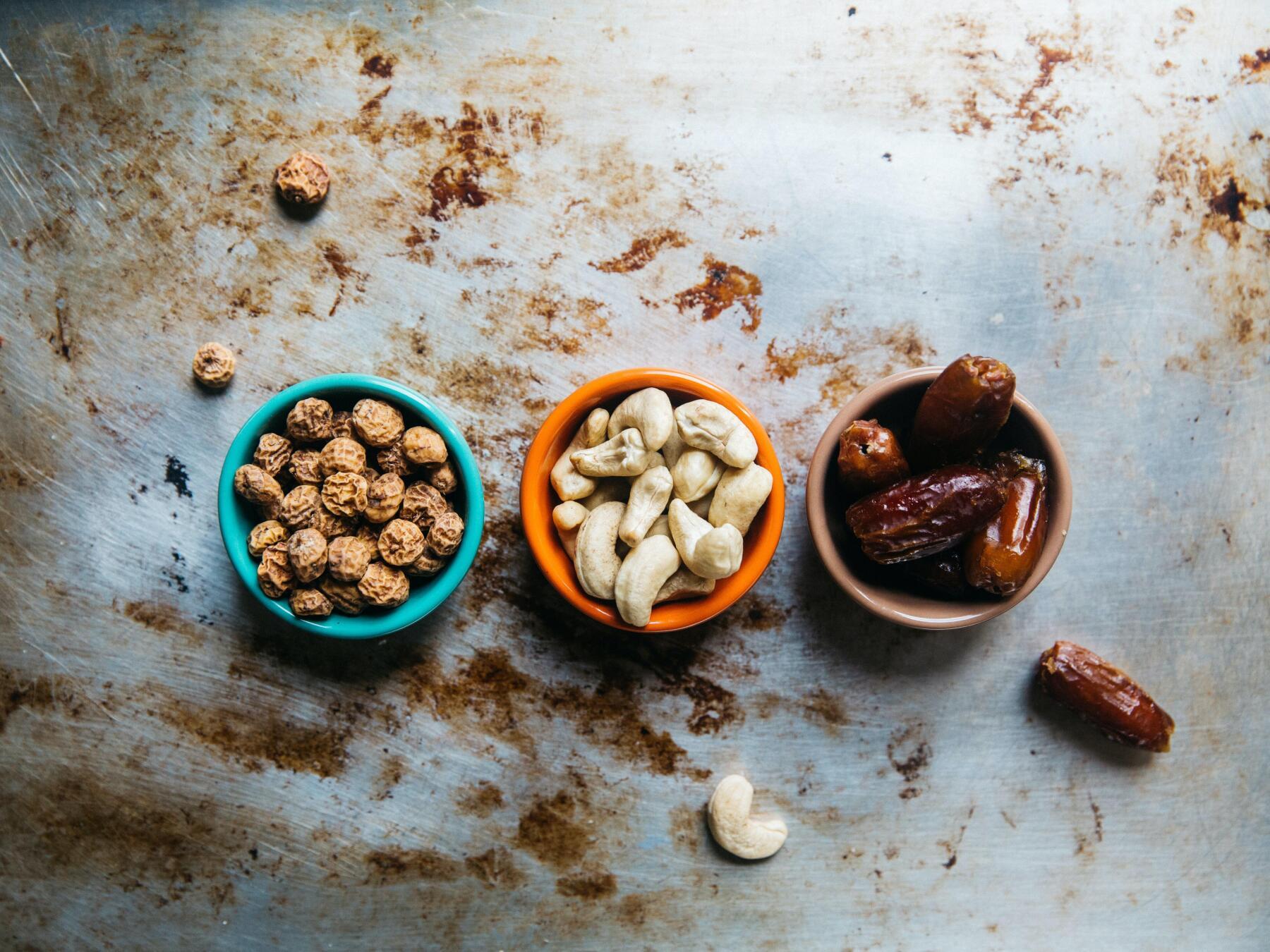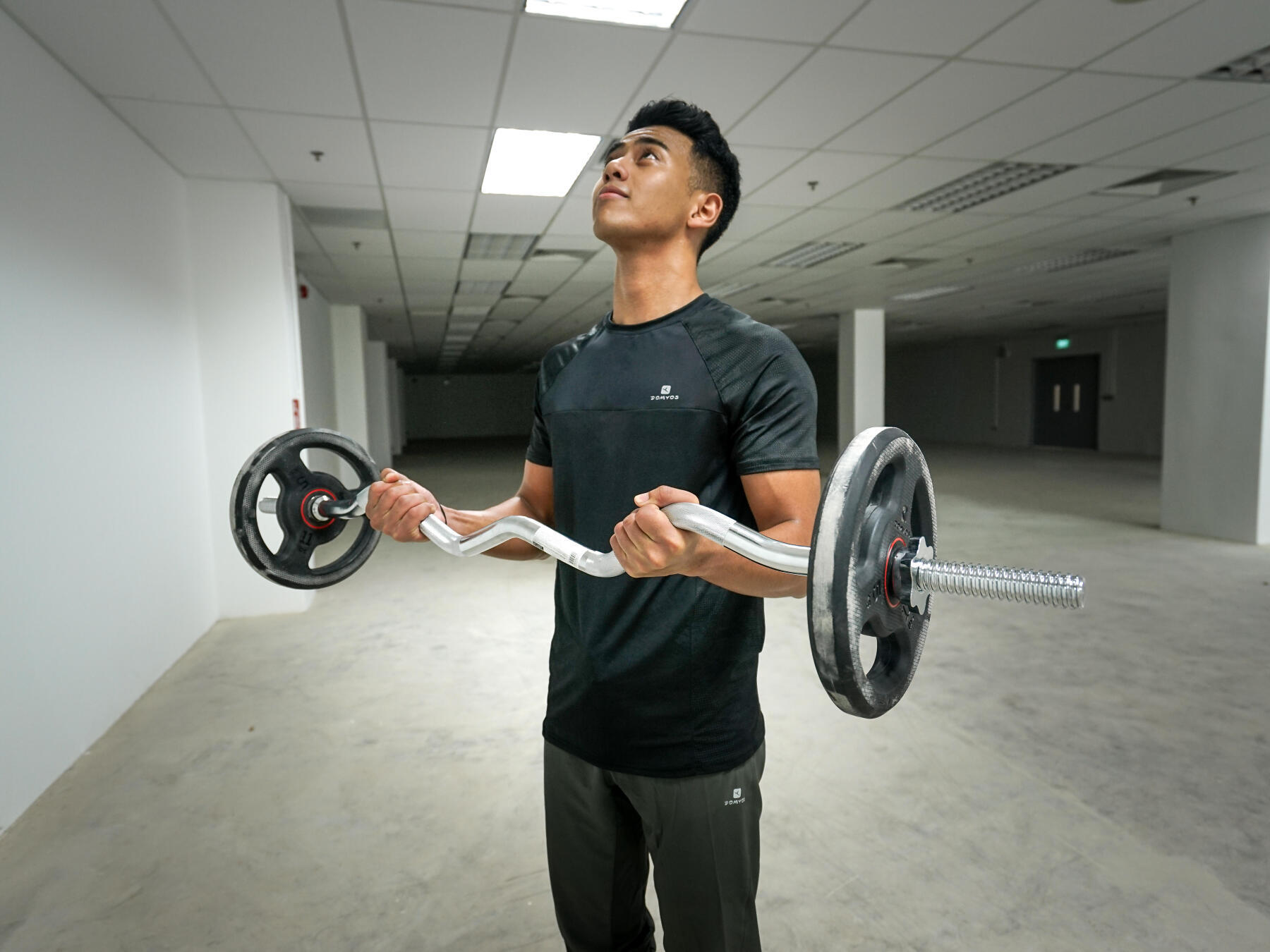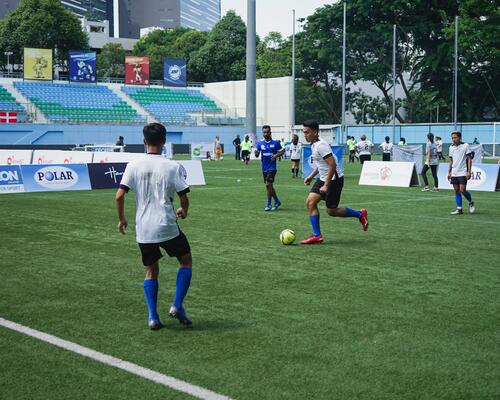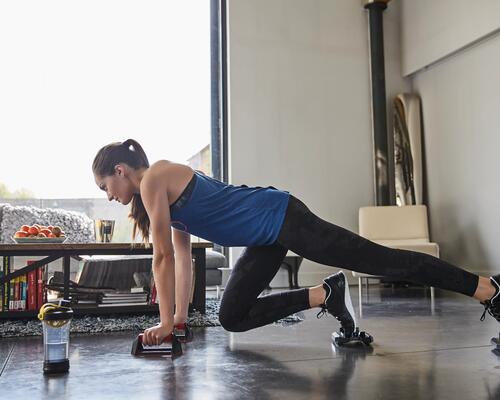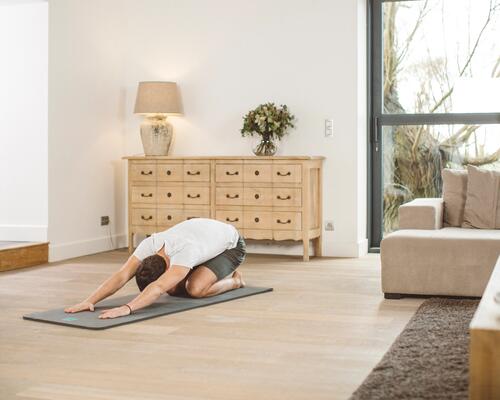1. Hydrate
Knowing that you will not be drinking water during daylight, it is very important for you to hydrate yourself from the time you break fast till you start fasting again.
It's best to consume at least 2L of water, which can be up to 8 glasses.
Try to consciously plan to hydrate as such:
- 2 glasses while you are breaking fast
- 4 glasses in between Iftar and Suhoor (the meal before the fast)
- 2 glasses at Suhoor
PRO-TIP: Try avoiding caffeinated drinks such as coffee or black tea as they are dehydrating!


